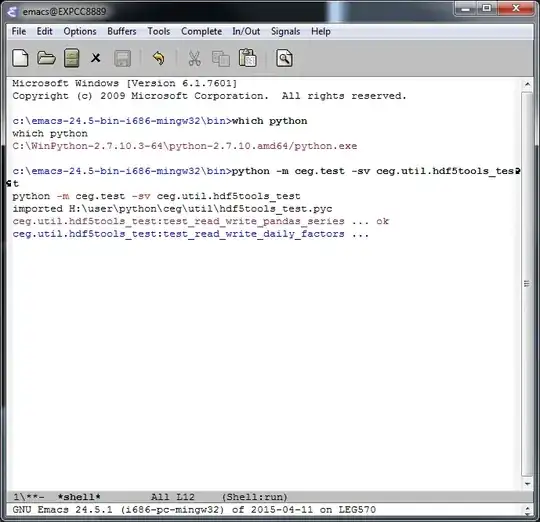I can't seem to get the non-greedy regex to work.
Sample String:
ABCD,E《F》、《GH》、《XYIJ》、《KL》、《MN》。
Regex Code:
《.+?IJ》
Search Result:
Because .+? is a non-greedy input, I was expecting the search to confine to the nearest 《》 pair, as shown below.
The present output is no different from searching this:
《.+IJ》
Which essentially makes the non-greedy code redundant.
Expected Result:
How should we get the non-greedy function to work as expected?

